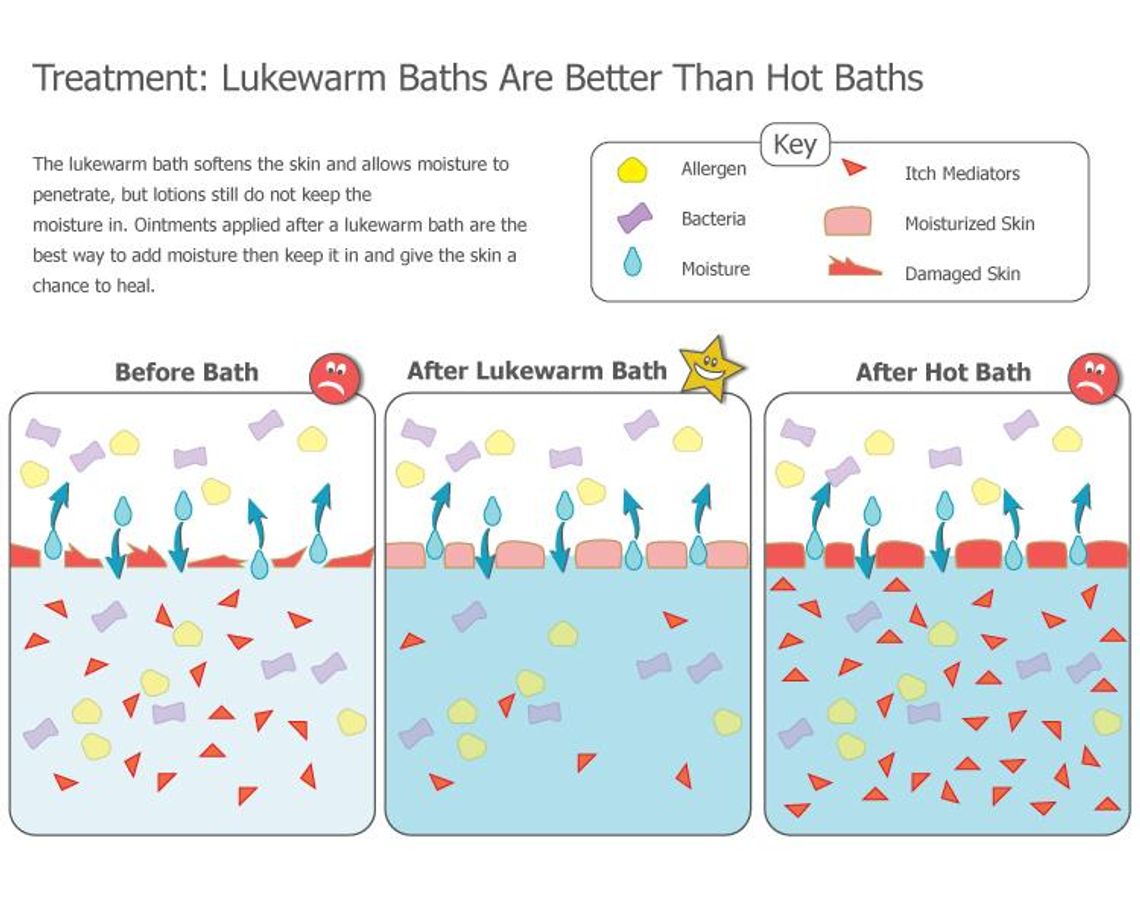We all experience itchy skin from time to time especially in the winter. People come into the clinic all the time with rashes that itch. They wonder is something contagious or are they allergic to something or is it eczema?
Central Texas stays fairly humid, but even here it gets dry in the winter time. With dryer cooler air we are all at risk for our skin drying out and thus developing dry itchy skin. When this happens it can mimic other skin conditions such as allergic dermatitis or eczema. It is frustrating sometimes to know what you’re dealing with and how to fix it.
The official doctor word for dry skin is "xerosis." It is extremely common and can affect anyone at anytime at any age. When skin dries out enough it develops a dermatitis or inflammation. It can develop patches of inflammation that look like other diseases such as eczema, psoriasis or contact dermatitis. The skin can dry out so much that it cracks, flakes, fissures and even bleeds, which can open you up to getting a secondary infection in your skin called cellulitis.
Everyone has probably developed their own style of skin care over the years but in the winter your usual daily skin care regimen may need to be tweaked. First, don’t let your bath or shower be the reason for your dry skin. Keep the bathroom door closed when you bathe. Do not let the water get too hot as hot water will leach your skin of its oils and dry it out. So keep the water warm, not hot, and limit your time in the shower to 10 minutes. Use a mild soap and don’t scrub hard, but be gentle. When you get out of the shower, towel off by gently blotting and apply a skin moisturizer immediately.
What kind of moisturizer is best? Ointments and creams are going to do a better job of trapping the moisture in your skin than lotions. Look for a cream or ointment with oil in it such as jojoba oil or olive oil or shea butter. Other ingredients that help soothe inflamed skin are lactic acid, urea, hyaluronic acid, mineral oil, petrolatum, glycerin and lanolin.
Don’t forget about your lips. Apply a lip balm that is soothing. I don’t care for the ones that are medicated, as they burn and tingle my lips. Choose a lip balm that makes your lips feel good. Petroleum jelly works well and I like adding just a smidge to the opening of my nose to keep it moisturized, which if you have trouble with bloody noses in the winter this will help.
When you’re picking skin products the ones that are unscented are usually better for dry skin. Sometimes they add so much stuff to creams and lotions that the added ingredients actually worsen your skin's condition. If your lotion has alcohol in it, do not use it for dry skin. Retinoids may be helpful for acne but not dry skin. Alpha-hydroxy acid is not helpful for dry winter skin. Deodorant soaps are also irritating to your skin.
The simple act of wearing gloves can be so helpful when dealing with dry winter skin. Our hands are often the first place on our body to get dry. Simply wearing gloves whenever you’re outside in the winter will help protect them from drying out. If you’re working around any chemicals this will also help protect you from the drying effects of those substances on your hands.
Pick a laundry detergent that is less harsh. Pick a detergent that is hypoallergenic. Pick clothes that are less irritating. Try wearing either cotton or silk underneath any clothing that is made of wool or any other material that is rough.
We all like to be warm in the winter but don’t get to warm. Your furnace, as you’ve probably noticed, dries out your home’s air and thus can dry your skin.
I really like the addition of a humidifier to my home in the winter. Some more expensive units actually have an option to set the humidity level.
--
Dr. John Turner is a family medicine and emergency medicine doctor with 25 years of experience. He is also the owner of My Primary Care Clinic and My Emergency Room 24/7 here in Hays County. Dr. Turner may be reached at 512-667-6087.








